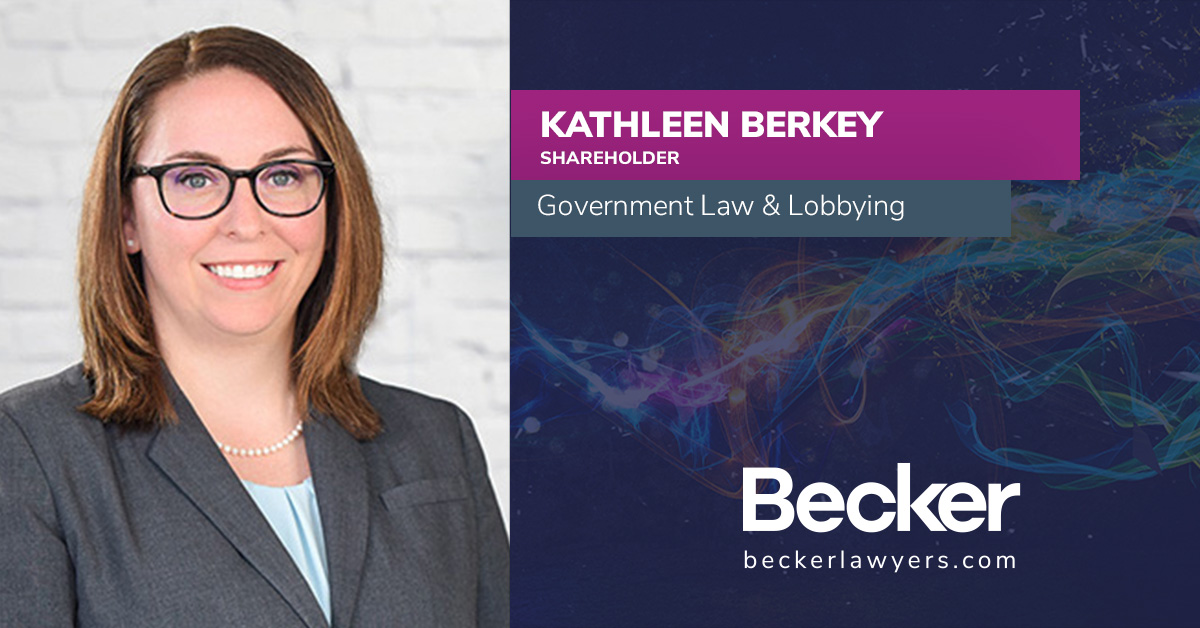
Proper Zoning Determines Property Value
Selecting the right property to buy or lease can be tricky. Every one knows the old adage “location, location, location”. Clearly, location is crucial to every one involved in a real estate project from brokerage to development to construction; from lending to investment; from management to leasing, location will be a crucial factor in everyone’s return on the investment in real estate. However, a corollary to location is zoning, zoning, zoning. A property that does not have the proper zoning and land use designation for the proposed use, and one that can not be appropriately re-zoned, or variances obtained, will have no value to a buyer, developer, tenant or investor and location will add no value.
This rule applies to properties that are being purchased or that are being leased. A retail location might be the best spot in town for your client’s hot new night club. But zoning might not allow any business which serves alcohol to be located in that location because a church is located within 1000 feet. Or, noise regulations prohibit music after 10:00 because of the hospital across the street. These are some of the things that should be considered even before entering into a contract or a lease. They can save time and money.
When purchasing a property, it is a good idea to have preliminary, exploratory conversations with city planning and zoning staff to discuss the site. This is a good way to learn what the city would be comfortable with. The meeting will help the buyer understand what approvals will be necessary for the project and will assist in formulating a timeline for obtaining approvals.
Upon preparing the contract, the buyer should make the obligation to close contingent upon obtaining the necessary approvals. The approvals can be specific, but I like to keep them as generic as possible. For example, I define “Approvals” as all approvals necessary to enable buyer to obtain building permits to construct the Intended Improvements. When pushed, I will list approvals to include, without limitation, zoning, land use, platting, site plan, and I will expand as necessary.
Many times, going into the contract, the parties know precisely what zoning is going to be required, or the seller has already begun the process of re-zoning in anticipation of a sale for such a use. This should not affect buyer’s contingency as the use drives the value of the property and must be in place prior to closing.
Zoning diligence before contract can make negotiations smoother and faster. It can also help buyers and sellers set a realistic price for a property, particularly because with proper approval contingencies, buyers won’t have to close if the zoning is not sufficient for the intended use. But patient sellers will be more likely to get their desired price.




No Comments
Sorry, the comment form is closed at this time.